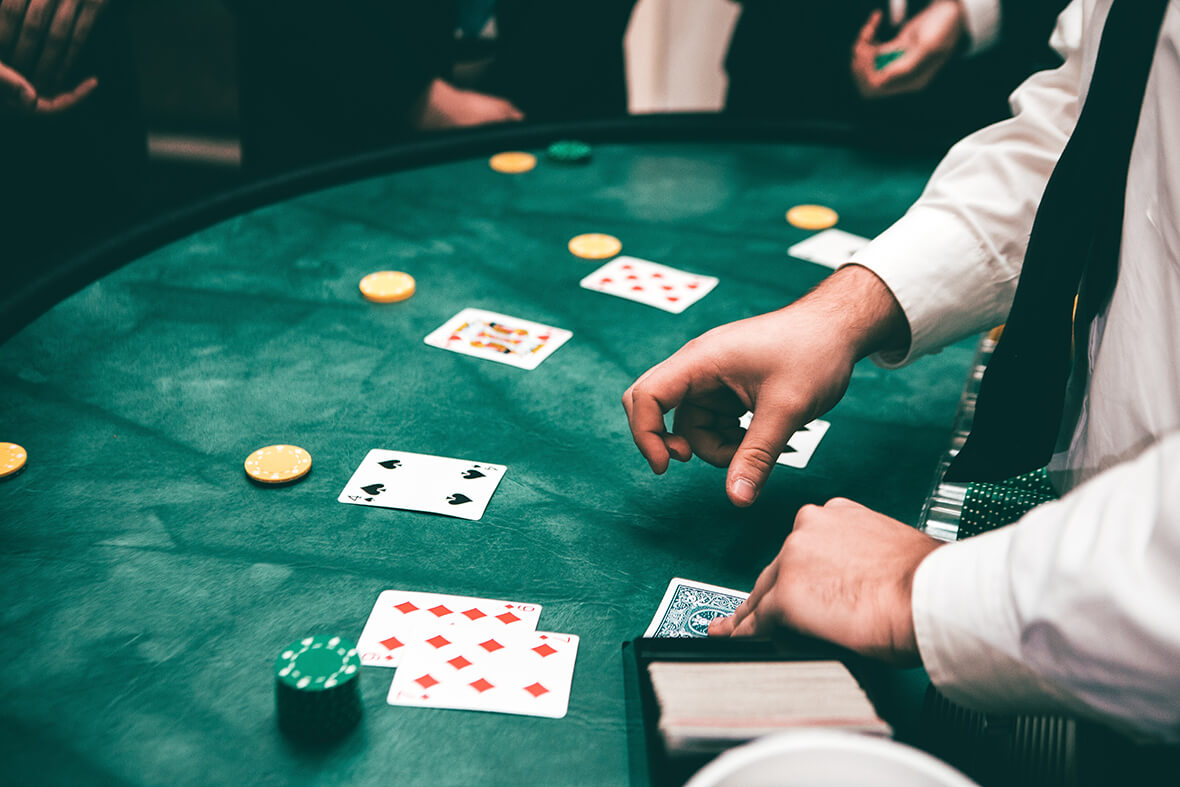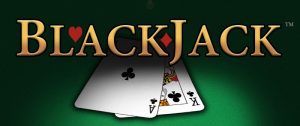Blackjack Double Down – When to Use It and What It Is

Blackjack Double Down: When to Use It and What It Is
In the world of blackjack, making the right decisions at crucial moments can be the difference between winning and losing. One such decision that can significantly impact your blackjack game is the “double down.” But what exactly is a double down, and when should you use it? In this article, we’ll explore the ins and outs of the blackjack double down strategy.
What Is a Blackjack Double Down?
A double down is a strategic move in blackjack where a player chooses to double their original bet after receiving their first two cards in exchange for committing to stand after receiving one more card. In essence, it’s a bet that allows you to increase the potential payout of your hand. However, when you double down, you are only allowed to draw one additional card, so it’s crucial to make this decision wisely.
When to Use the Double Down
The decision to double down should not be made lightly. It should be based on your hand value, the dealer’s upcard, and the specific rules of the blackjack game you’re playing. Here are some situations where doubling down is typically advisable:
1. Hand Value of 11: When you have an initial hand value of 11, it’s usually a good time to double down. An 11 gives you a high chance of drawing a 10-value card (10, Jack, Queen, King) for a total of 21, which is the best possible hand in blackjack. This is true regardless of the dealer’s upcard.
2. Hand Value of 10: Doubling down with a hand value of 10 can also be a strong move, especially when the dealer’s upcard is a 9 or lower. You have a good chance of improving your hand to a winning total of 20 or 21.
3. Some Soft Hands: Soft hands are hands that contain an Ace valued as 11 (e.g., Ace-6, Ace-3-4). In certain situations, it can be advantageous to double down with a soft hand. For instance, if you have an Ace-4 (soft 15) and the dealer’s upcard is a 4, 5, or 6, doubling down can be profitable.
4. Game Rules: Pay attention to the specific rules of the blackjack game you’re playing. Some games allow you to double down on any two cards, while others restrict doubling down to certain hand values. Make sure you understand the rules before attempting to double down.
When Not to Double Down
While doubling down can be a powerful strategy when used correctly, there are situations where it’s best to avoid it:
1. Low Hand Value: It’s generally unwise to double down with a hand value of 9 or lower. The likelihood of drawing a high-value card to improve your hand is too low to justify the additional bet.
2. Dealer’s Strong Upcard: If the dealer’s upcard is a 10-value card or an Ace, doubling down becomes riskier. The dealer is more likely to have a strong hand in these cases, making it less favorable for the player.
3. Already Having a Strong Hand: If your initial hand already has a strong chance of winning (e.g., a pair of 10s), there’s no need to double down and risk doubling your bet.
In Conclusion
The blackjack double down strategy is a valuable tool in a player’s arsenal, allowing for the potential of increased winnings when used correctly. To make the most of this strategy, you must carefully assess your hand value and the dealer’s upcard. By understanding when to double down and when to avoid it, you can maximize your chances of success in the exciting game of blackjack. Remember that blackjack is a game of skill, and mastering strategies like doubling down can give you a significant edge over the house.
Relevant news
Multiplayer Blackjack Surrender
Multiplayer Blackjack Surrender We offer six deck Blackjack. If you are not familiar with Blackjack…

Evolution Gaming Live Blackjack Online
Live Blackjack as fast as you like Evolution Live Blackjack is the fastest, slickest, richest-featured…

Online Blackjack
About online blackjack As one of the most loved online casino games, there is no…

Multiplayer Blackjack
Multiplayer Blackjack We offer six deck Blackjack. If you are not familiar with Blackjack, you…

Progressive Blackjack
Progressive Blackjack™ This is a variation on standard Blackjack that features a progressive sidebet. We…
Play n Go BlackJack MH
BlackJack MH - BlackJack Table Game / Multiple Hands Play this online blackjack game at…
Multiplayer Blackjack Surrender
Multiplayer Blackjack Surrender We offer six deck Blackjack. If you are not familiar with Blackjack…

Evolution Gaming Live Blackjack Online
Live Blackjack as fast as you like Evolution Live Blackjack is the fastest, slickest, richest-featured…

Online Blackjack
About online blackjack As one of the most loved online casino games, there is no…

Multiplayer Blackjack
Multiplayer Blackjack We offer six deck Blackjack. If you are not familiar with Blackjack, you…

Progressive Blackjack
Progressive Blackjack™ This is a variation on standard Blackjack that features a progressive sidebet. We…
Play n Go BlackJack MH
BlackJack MH - BlackJack Table Game / Multiple Hands Play this online blackjack game at…
